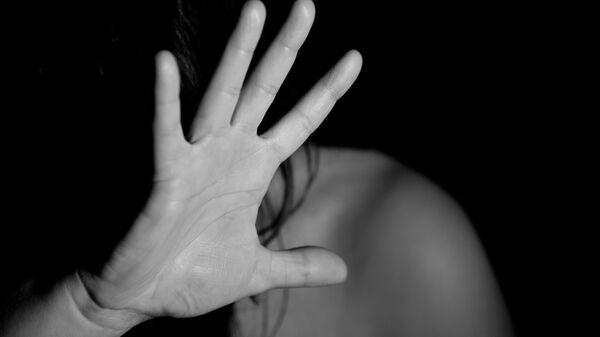Professor Nicole Westmarland from Durham University has commented on the rates of domestic violence-related homicides.
Sputnik: Last year, 173 people were killed in domestic violence-related homicides - an increase of 32 deaths in 2017. How significant are these findings and what do these most recent figures tell us?
Nicole Westmarland: They're really significant, because although it's an increase on the year before, what we've seen is actually quite a big increase to the figures that we were seeing five-ten years ago. In the early 2010's, we were seeing a pattern of a downward trend. We were seeing in some cases 94-97 deaths a year due to domestic violence and obviously that in itself is a high number, but now the numbers that we're looking at in the 170s is significantly higher than those numbers that we were seeing.
There were a lot of interventions that pertained to things like domestic violence homicide reviews, where there is a statutory necessity to look after domestic homicide e.g.: "what could have changed?", "what could people have done differently?" and "could this have been prevented?".
I think there was quite a lot of optimism around that time that we were starting to get things right and that things were starting to be taken seriously in relation to domestic violence and that we were starting to see some positive impacts. What we're seeing now is obviously those things are still in place, but they don't seem to be having the same impact as they were having five-ten years ago.
Sputnik: What's behind this significant rise in domestic abuse killings? Are these figures likely to rise further?
Nicole Westmarland: I think what we've seen is a year-on-year reduction in what might be seen as some of the non-criminal justice side things of domestic violence, and particularly in relation to prevention. With the austerity measures we know that the police are massively stretched - I've sat on shifts in the police control room and I've heard the control room staff really trying to get police crews out to domestic violence incidents, but often struggling just because of the sheer volume of cases that they're trying to get out to.
I think on one side there is the policing and the cuts to policing, but on the other side is the cuts to social care and education across the board.
I think the austerity measures actually have had a big impact and can help explain some of these increases. Years ago the police, multi-agency partners, and social work used to be able to come to conferences to find out about the latest advances to work with academics and with voluntary sector staff and now just the cuts mean that they're not really able to be involved in those conversations in the same way as they were in the past.
Sputnik: Looking to the future, what policies and changes should we be seeing from the government to reverse these rising figures?
Nicole Westmarland: Education, in many ways, is absolutely central to this, because even if you do have enough resources for safe refuge for victims and you do due prosecutions through the criminal justice system - you still need to deal with the issue of there being far too much, much domestic violence at all levels in society. Things like education and school, but also things like change programmes for perpetrators as well.
The criminal justice system shouldn't be the end. Many people don't want to use the criminal justice system anywhere, because they don't want their partner, perhaps the father of their child, to have that conviction. I think more work with people who want to change their behaviour in relationships and perpetrator intervention programmes are really the thing that needs to happen after there is enough resources for safety for victims.
The views expressed in this article are solely those of Nicole Westmarland and do not necessarily reflect the official position of Sputnik.



